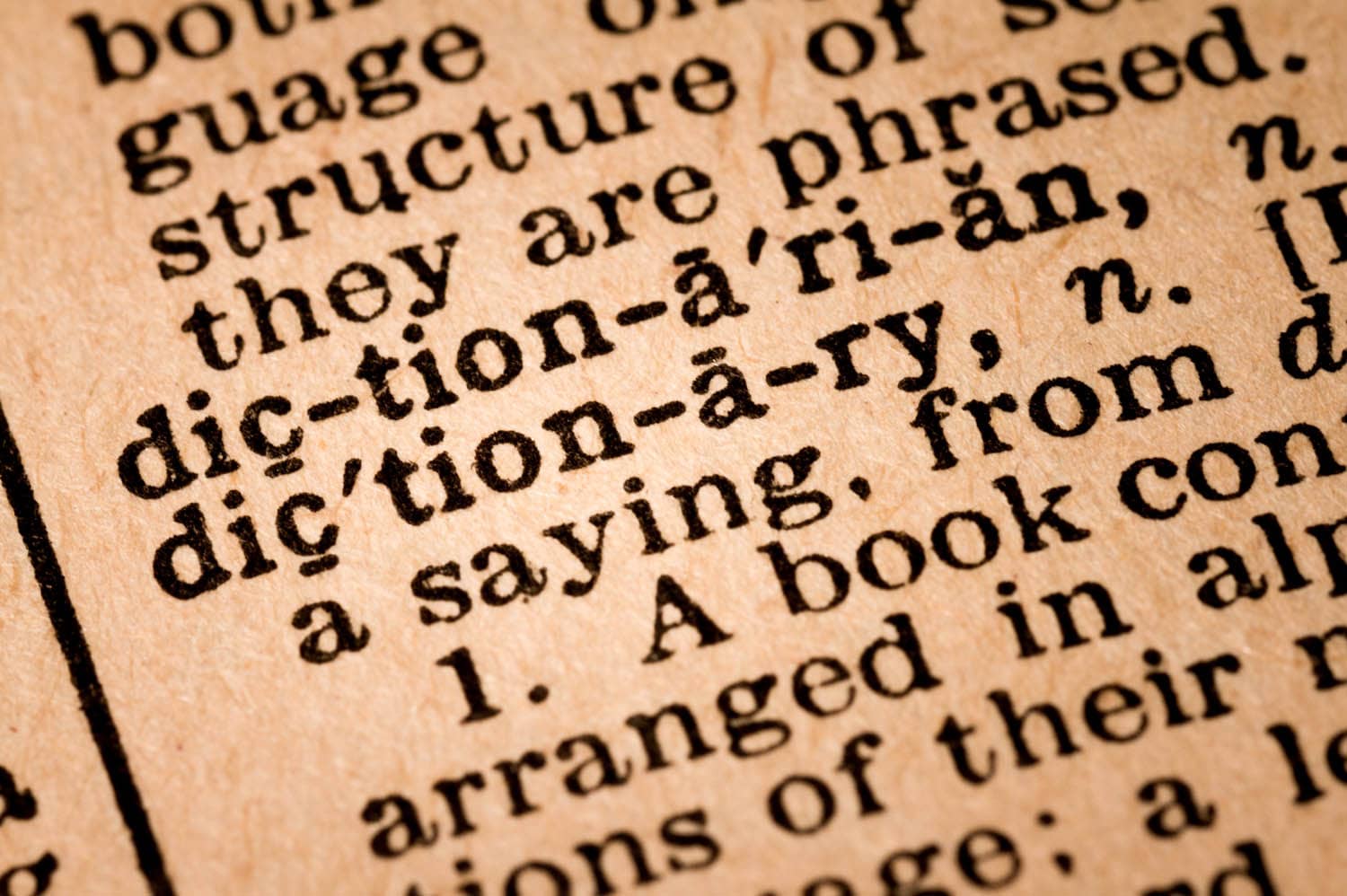Is it vain, vane or vein?
Annoyingly, all of these words exist in British English. They do, however, have different meanings and are commonly mixed up.
Vain
This is an adjective which means ‘not achieving the desired outcome’, ‘futile’, ‘unsuccessful’, ‘lacking substance or worth’, ‘hollow’ and ‘fruitless’.
As an adjective, it also means ‘showing undue pride and preoccupation in your own appearance’.
It is also used in the idiomatic phrase ‘to do something in vain’.
Examples:
- The boy’s vain attempt did not work. [adjective]
- He was vain about his appearance that night. [adjective]
- It was all in vain that we had tried so hard. [phrase]
Vane
This is a noun which means ‘a thin plate of wood or metal, used to indicate weather and wind direction’ – a weather vane.
This noun also means ‘the sight on a quadrant or compass’ and ‘a guidance or stabilising fin on bombs or missiles’.
Vein
This is a noun which means:
- a vessel which transports blood
- a distinctive quality of character, a strain or streak
- a turn of mind
Examples:
- His veins were hard to find to take blood. [meaning 1 above]
- A vein of optimism ran through his body. [meaning 2 above]
- It was a warning in a serious vein. [meaning 3 above]
